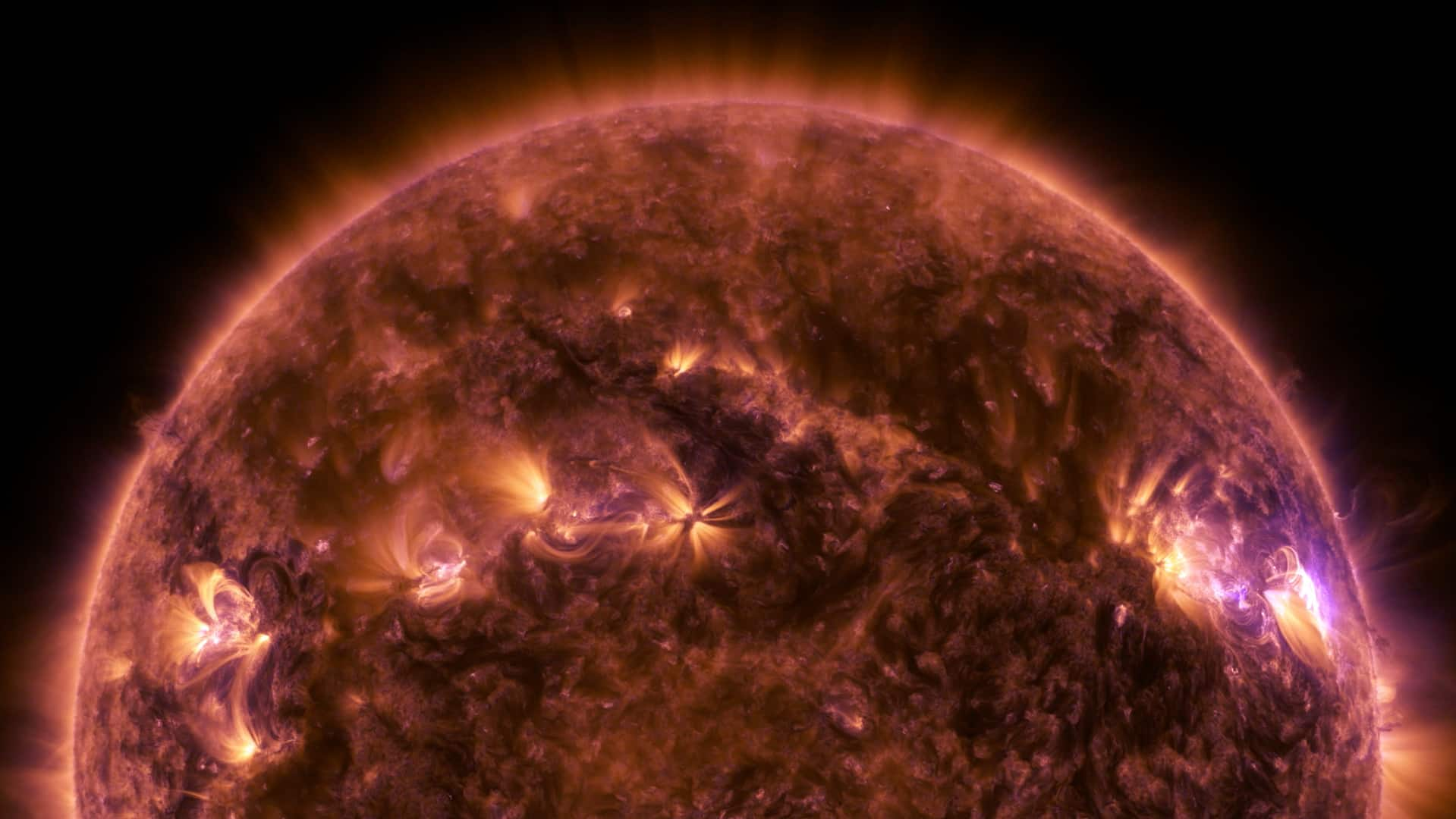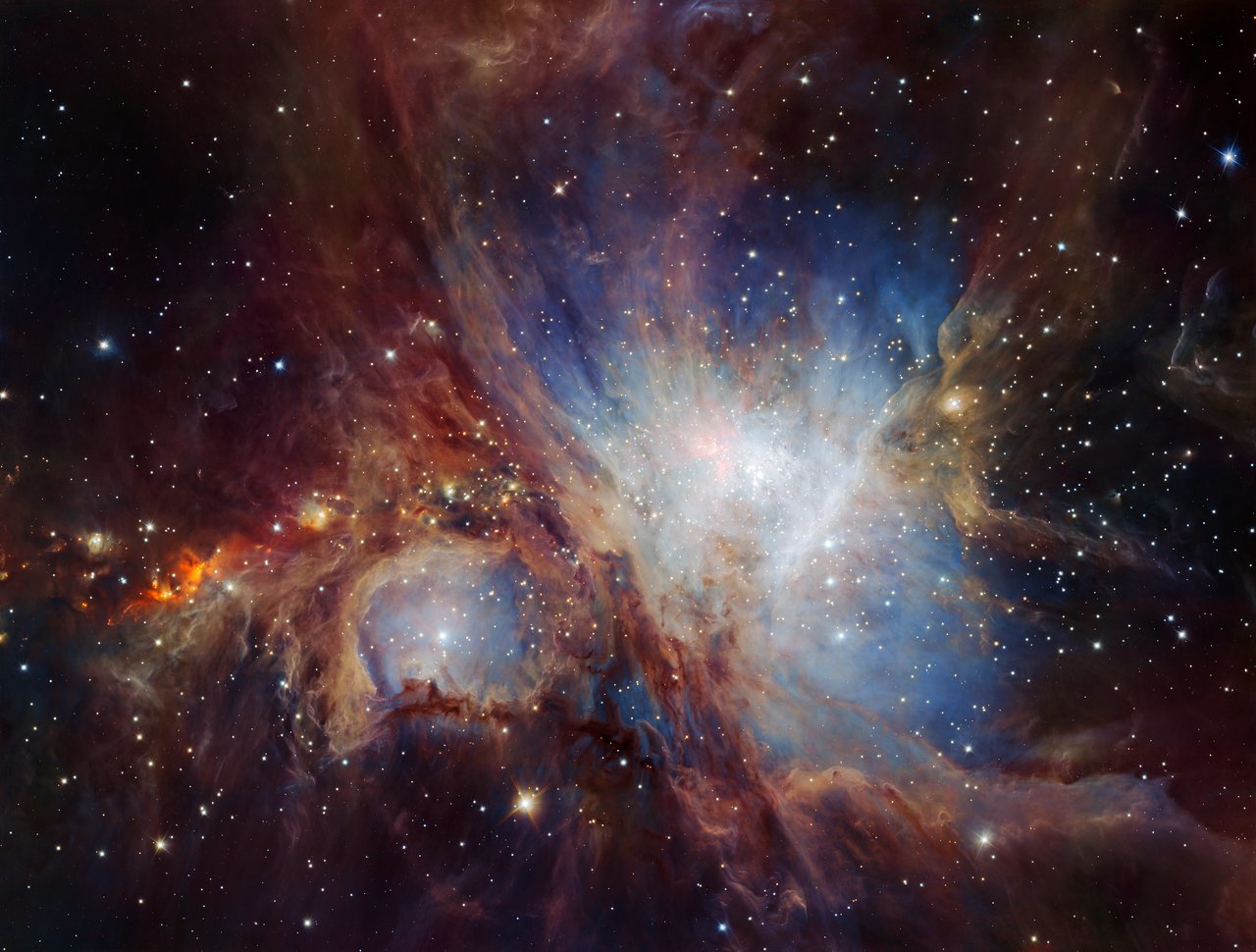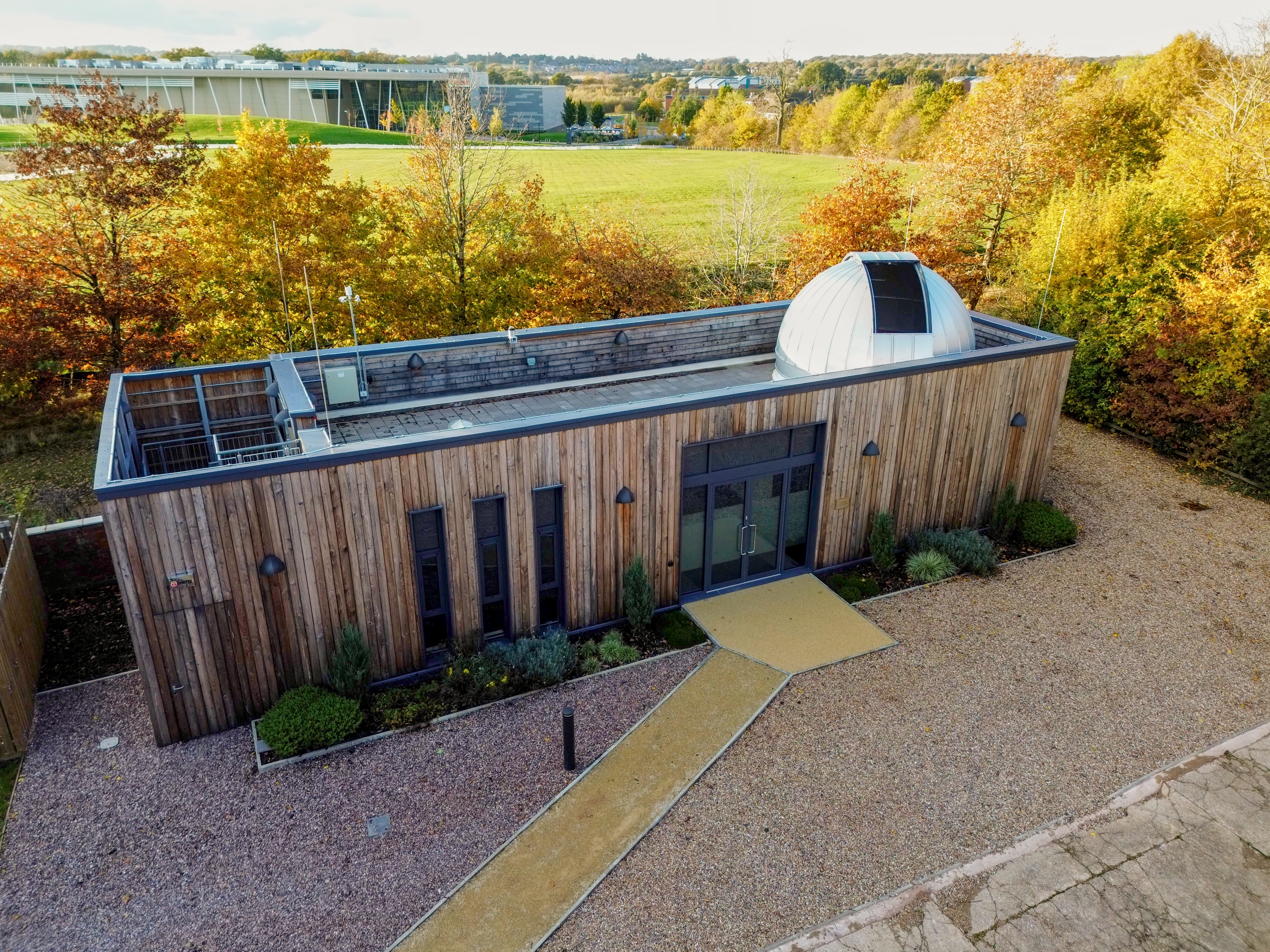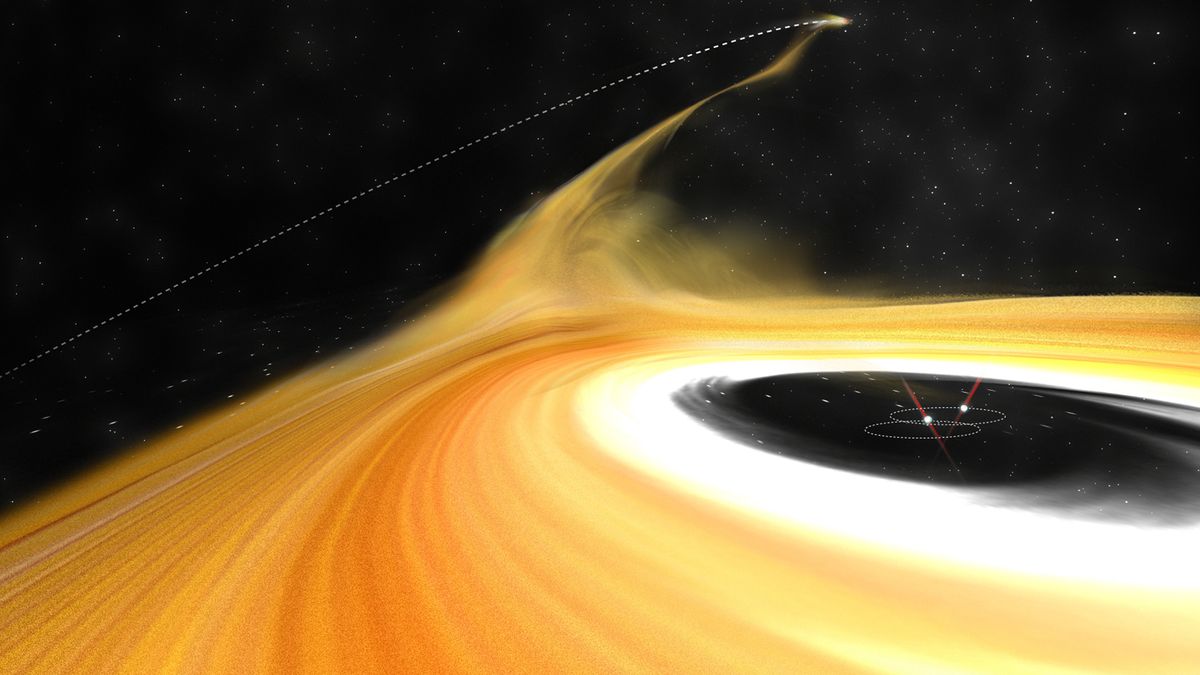-
Solar storm expected to bring spectacular northern lights to Prairies

Christmas lights might not be the only thing lighting up these dark December nights, as a solar storm is expected to bring bright northern lights to the Prairies this weekend. Aurora borealis is considered among the greatest natural wonders and scientists say it starts with the sun. “The sun is sort of spewing off protons and electrons as a…
-
A Flame in the Sky – the Orion Nebula

by Kat Troche of the Astronomical Society of the Pacific It’s that time of year again: Winter! Here in the Northern Hemisphere, the clear, crisp sky offers spectacular views of various objects, the most famous of all being Orion the Hunter. As we’ve previously mentioned, Orion is a great way to test your sky darkness.…
-
A Flame in the Sky – the Orion Nebula

by Kat Troche of the Astronomical Society of the Pacific It’s that time of year again: Winter! Here in the Northern Hemisphere, the clear, crisp sky offers spectacular views of various objects, the most famous of all being Orion the Hunter. As we’ve previously mentioned, Orion is a great way to test your sky darkness.…
-
The Marsh Observatory to train astronomers of the future

The University of Warwick has opened its doors to its brand-new Marsh Observatory – which will train astronomers of the future. The on-campus telescope facility was opened by Dame Jocelyn Bell Burnell, who discovered the first radio pulsars in 1967 and one of a handful of women to have been awarded prestigious Royal Astronomical Society…
-
The Marsh Observatory to train astronomers of the future

The University of Warwick has opened its doors to its brand-new Marsh Observatory – which will train astronomers of the future. The on-campus telescope facility was opened by Dame Jocelyn Bell Burnell, who discovered the first radio pulsars in 1967 and one of a handful of women to have been awarded prestigious Royal Astronomical Society…
-
Could a ‘rogue star’ knock Earth out of orbit? Yes — and here’s why it could be a good thing.

About a billion years from now, the sun will have become much bigger, brighter and hotter, likely leaving Earth uninhabitable. However, a chance encounter with a passing star could save our planet by tossing it into a cooler orbit or helping it break free of the solar system entirely, a new theoretical study suggests. (Still,…
-
Could a ‘rogue star’ knock Earth out of orbit? Yes — and here’s why it could be a good thing.

About a billion years from now, the sun will have become much bigger, brighter and hotter, likely leaving Earth uninhabitable. However, a chance encounter with a passing star could save our planet by tossing it into a cooler orbit or helping it break free of the solar system entirely, a new theoretical study suggests. (Still,…
-
Could a ‘rogue star’ knock Earth out of orbit? Yes — and here’s why it could be a good thing.

About a billion years from now, the sun will have become much bigger, brighter and hotter, likely leaving Earth uninhabitable. However, a chance encounter with a passing star could save our planet by tossing it into a cooler orbit or helping it break free of the solar system entirely, a new theoretical study suggests. (Still,…
-
Elon Musk’s SpaceX rockets are punching holes in edge of space

Sign up to our free weekly IndyTech newsletter delivered straight to your inbox Sign up to our free IndyTech newsletter Temporary holes in the Earth’s upper atmosphere made by SpaceX rockets are creating bright red aurora-like formations in the sky and may be signs of unrecognised problems, scientists said. While red light has been seen…
-
Elon Musk’s SpaceX rockets are punching holes in edge of space

Sign up to our free weekly IndyTech newsletter delivered straight to your inbox Sign up to our free IndyTech newsletter Temporary holes in the Earth’s upper atmosphere made by SpaceX rockets are creating bright red aurora-like formations in the sky and may be signs of unrecognised problems, scientists said. While red light has been seen…